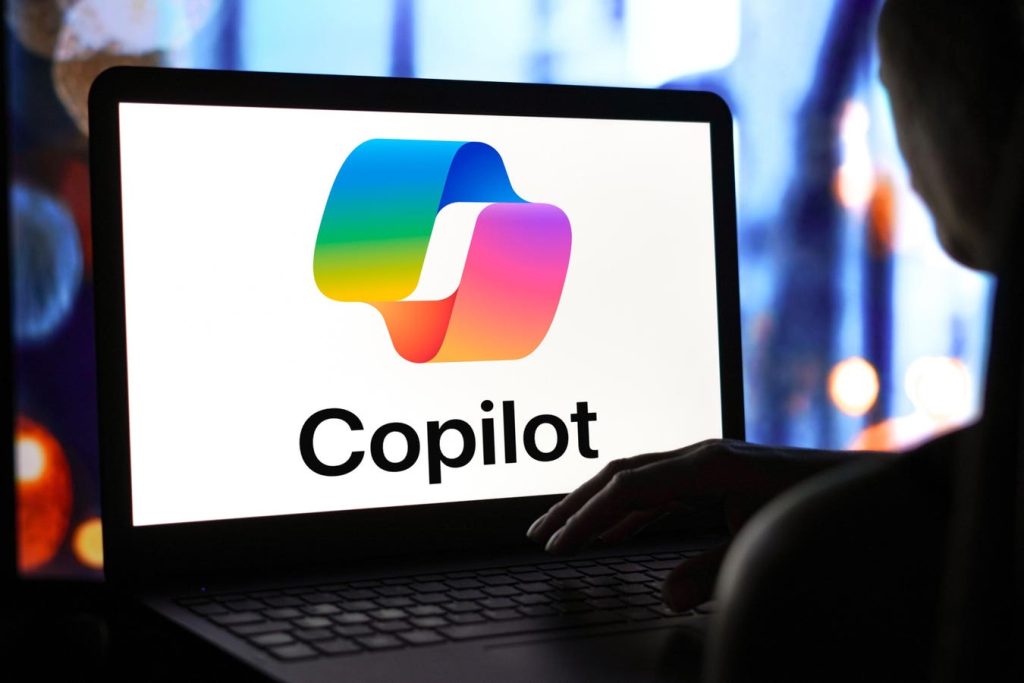Microsoft recently introduced Windows PCs specifically designed for AI, called Copilot+ PCs, at an event on their Redmond, Washington campus. These new PCs feature high-performance Neural Processing Units (NPUs) that are capable of handling much of the processing on-device. The extent to which external processing will be necessary remains to be seen, which will impact the usability of Copilot+ PCs for professionals who handle sensitive information.
The Recall feature on Copilot+ PCs is designed to provide users with a photographic memory of everything seen or done on the PC. This includes a database of screenshots capturing activity across various applications, platforms, and websites. Microsoft claims that Recall will ensure privacy and security by leveraging on-device processing built and stored locally, allowing users to scroll through a timeline to locate content and organize information semantically.
However, the Recall feature raises concerns for professionals who handle sensitive third-party information, such as attorneys, accountants, and health practitioners. Strict confidentiality and privacy standards are a requirement for these professions, and it is unclear whether the privacy controls offered by Recall will be sufficient. Professionals will need to consider how Recall handles legal compliance, data retention, and deletion, as well as the potential risk of third-party information being improperly indexed.
In order to meet ethical and legal standards, it will be crucial for Microsoft to ensure that Recall provides robust deletion capabilities and compliance with legal obligations like subpoenas and requests for production. Professional users may be required to produce specific documents during legal proceedings, and it is essential that Recall can manage these requests without compromising sensitive information. Striking a balance between compliance and privacy will be important for users with strict confidentiality requirements.
While the Copilot+ PCs and Recall feature represent significant advancements in artificial intelligence that will boost productivity, professional users will need to carefully consider the privacy, security, compliance, and deletion of data. Rigorous testing will be necessary to determine whether these features can support the needs of users with sensitive and exacting requirements. The future of personal and professional computing may be shaped by the innovative capabilities of Microsoft’s new AI-focused hardware.


